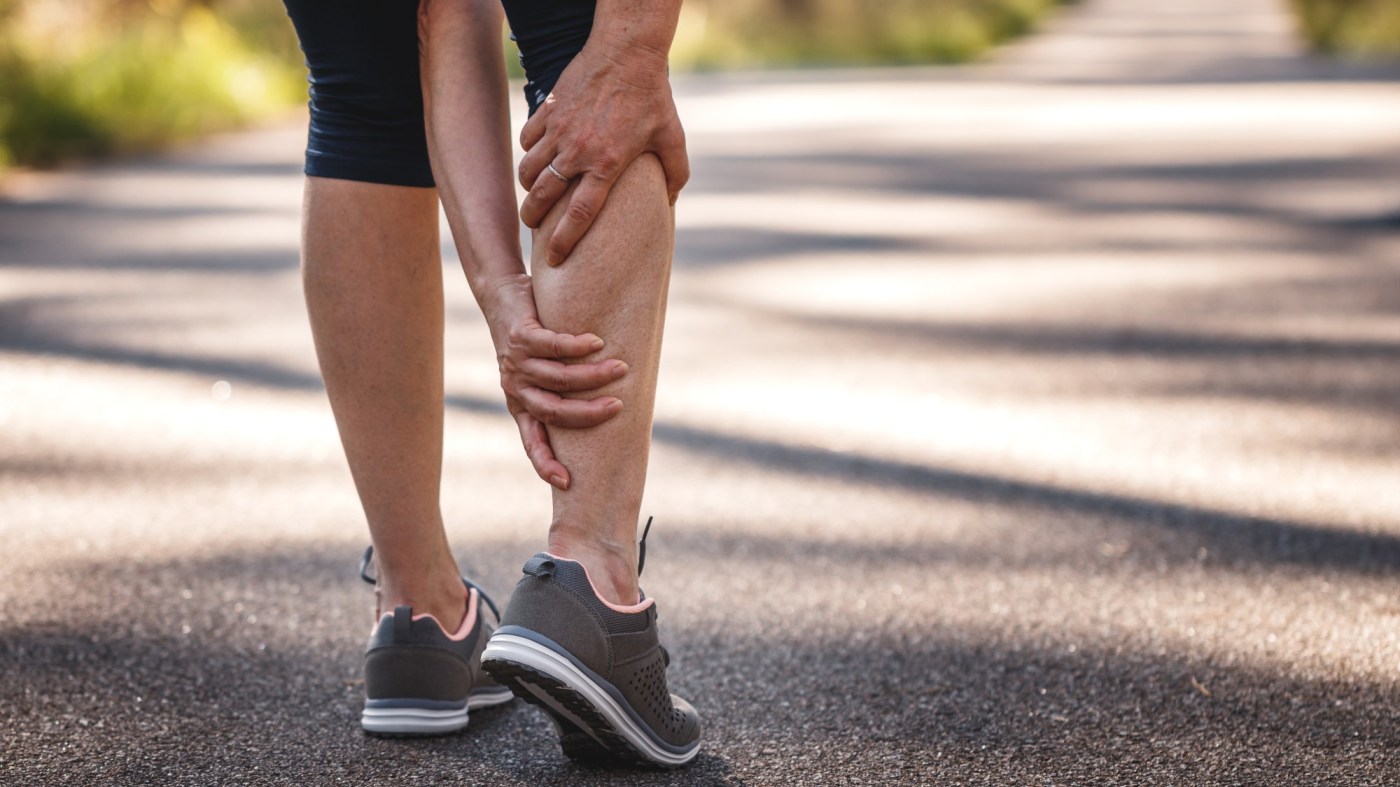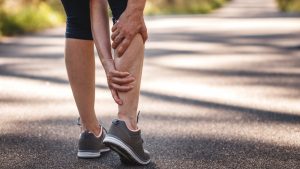
Here are some reasons you get muscle cramps and what you can do about them
A muscle cramp is an unexpected tightening or contraction of one or more muscles in the body. These involuntary episodes can be quite painful as the muscle contracts and is unable to relax. They may last for a few seconds to a few minutes or even longer. While doctors don’t know exactly what causes muscle cramps, there are some possible causes and preventive measures to be considered by those who suffer from muscle cramps.
Muscle cramps can occur anywhere in the body, but are most common in the legs and feet. While muscle cramps are typically more of a nuisance than an indication of a serious health problem, they can interfere with sleep and other daily activities.
Summer weather may be a potential trigger for heat cramps, a painful type of muscle cramp. Excess sweating, dehydration, an imbalance in electrolytes in the body — especially when performing physical activity in the hot weather — can lead to muscle cramps during or soon after physical activity. Other risk factors for muscle cramps include older age, deconditioning of the muscles, pregnancy and certain medical problems like diabetes.
While muscle cramps are not harmful, other additional severe symptoms of heat illness such as fatigue, vomiting, dizziness, headache, high fever and shortness of breath are signs of heat exhaustion that require immediate medical attention. Babies and young children as well as adults who are over 65 years old, have high blood pressure or heart concerns or take certain medications are at a greater risk of developing heat-related illness. Other vulnerable groups include people who are unhoused, those with disabilities and individuals who work outdoors.
Consuming adequate essential minerals or electrolytes from your regular diet can help stave off muscle cramps. Foods naturally rich in potassium, calcium, magnesium and sodium help support a healthy body including nerve signaling and muscle functioning. It’s common knowledge that bananas are rich in potassium, but so are nuts, seeds, melon and tomatoes and tomato products. Other mineral-rich foods include dairy products, salmon, beans and leafy green vegetables like spinach and kale.
Avoid consuming too much heavily processed foods and fast foods, which are often low in important nutrients needed for healthy muscles. Plus, alcohol consumption is associated with muscle cramps so limit or avoid alcoholic beverages.
Staying well-hydrated, especially when working or exercising in the heat for extended time periods, is important for preventing muscle cramps and preventing heat-related illness. While water is the best choice for hydration, electrolyte beverages or mixes can help replace minerals lost through sweating. Look for electrolyte hydration products without added sugar. Other good options for hydration include coconut water and broth.
Generally, studies show that warming up and stretching before and after exercise as well as stretching before bedtime appear to help reduce exercise-induced muscle cramps and nocturnal muscle cramps, respectively.
Although the cause of muscle cramps is unknown, it seems that they are multifactorial and likely more systemic in nature, not simply a problem with the affected muscle. Here are some holistic health steps you can take to help prevent muscle cramps:
1. Stay well-hydrated especially during hot summer weather and avoid drinking alcohol.
2. Do gentle stretches before and after physical activity and before bedtime.
3. Eat a whole foods diet that is rich in essential minerals including potassium, calcium, magnesium and sodium while limiting highly processed foods.
4. Be cautious when performing physical activity outdoors in extreme heat.
5. Talk to your health care provider for a personalized plan to prevent and manage muscle cramps.
LeeAnn Weintraub, MPH, RD is a registered dietitian, providing nutrition counseling and consulting to individuals, families and organizations. She can be reached by email at RD@halfacup.com.
Related Articles
Ask the Pediatrician: Tips for Fourth of July fireworks safety
Battleground Wisconsin: Voters feel nickel-and-dimed by health care costs
Therapists learn how to help farmers cope with stress before it’s too late
Medicaid for millions in America hinges on Deloitte-run systems plagued by errors
What Americans want from food: Energy, muscle strength, better health and less stress


